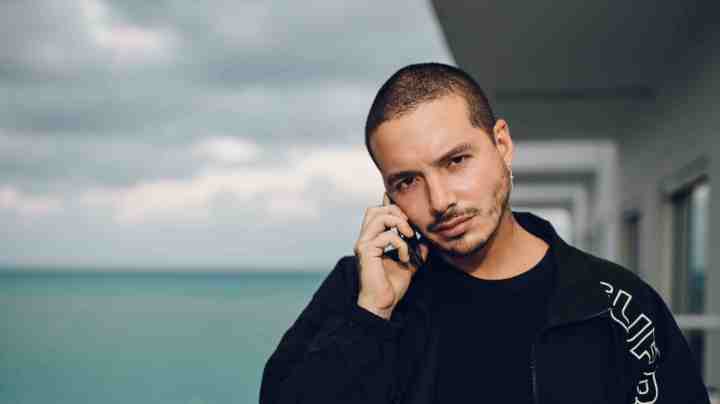J Balvin Slams Rappers Who Glorify Violence in Reggaeton & Trap

Courtesy of Rogers & Cowan
J Balvin has built his brand around positivity, especially when it comes to supporting other trap and reggaeton artists. But one thing the Colombian singer can’t look over is violent lyrics, and now he’s taking a stand against them.
The singer took to Instagram to acknowledge how violence impacted his life growing up in Medellín. “I was born in 1985 in Medellín, Colombia, where there was a boom of narcoterrorism that I’m not proud of,” he wrote. “But it’s a reality of that time that was impossible to avoid.” Balvin added that everyone, whether they were cartel members or not, were impacted by assassinations and other forms of violence. Medellín was the epicenter of narcoterrorism in the 1980s and 1990s, when drug lord Pablo Escobar launched a war against the Colombian government and neighboring cartels, which has become a trope in Hollywood.
Balvin also took a jab at the urbano movement’s depiction of gang and drug culture – especially how many artists promote these realities in their lyrics. The Vibras singer added that he has “zero respect” for other artists who front about their relationship with criminal violence.
While J Balvin has shied away from these topics in his own music, others have explored these subcultures in their lyrics and how they manifest in real life. Some artists, like Arcángel in “Ya Me Acostumbré,” are vocal about their history with drug dealing, while others have dealt with authorities because of violence-related infractions. Most recently, Anuel AA was released from a federal detention center in Puerto Rico, where he was incarcerated for over two years after his 2016 arrest on gun charges. Tempo served a 10-year sentence for drug trafficking. Others, like Daddy Yankee in his film Talento de Barrio, have explained that their decision to portray gang and drug subcultures comes from a desire to display the realities of the marginalized communities they were grew up in. Meanwhile, Balvin has faced criticism from some reggaeton fans for his pop take on the genre, which has taken the sound far from its origins as a site of resistance for black Puerto Ricans and Panamanians.
Balvin was emphatic that artists are influencing the millions of people watching and following their every move and wishes to see more positive reggaetón in the future. “We came here to dance and make people happy,” he concluded in his post.
Read the whole post below.